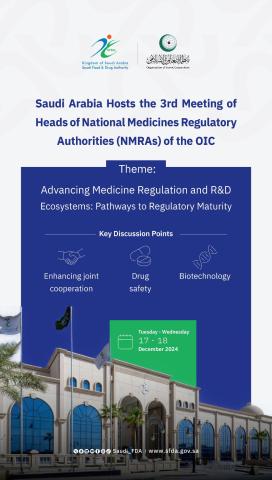The federal food safety inspection unit has approved an additional batch of additives, antimicrobals and agents for use as processing aids directly on meat and poultry products.
The updated list adds more substances that can be used during meat and poultry processing operations, giving more options in the food safety arsenal available to processors. The new approvals were made since the list was last updated on 10 May 2006.
Increased food safety regulations and the cost of recalls due to contaminated foods are driving processors to search for better solutions to reduce pathogens in their plants.
Food and Drug Administration's (FDA) regulations define processing aids as substances -- such as an organic cleaning acid -- that are required during the manufacture or processing of a food and that are ordinarily removed from the final food. Although residuals might carry over to the final food, residuals must not have any health effect. Other additives may be used to provide a technical effect in the final food, such as the antioxidants BHA and BHT.
Naming the additive used is not required on the label. The FDA's Food Safety and Inspection Service (FSIS) classifies all such substances as acidifiers, anticoagulants, antimicrobials, antioxidants, binders, coloring agents, curing accelerators, denuding agents, film forming agents, flavoring agents, poultry scald agents, and packaging system agents.
A new addition to the range of antimicrobial agents is a blend of citric acid and sorbic acid in a 2 to 1 ratio. The mix has been approved for use in reducing the microbial load of purge trapped inside soaker pads in packages of raw whole muscle cuts of meat and poultry. It may be incorporated into soaker pads at a level not to exceed 1 to 3 grams per pad.
The FSIS has also approved the use of citric acid as an antimicrobial agent on separated beef heads and offal. It may be used at a 2.5 percent solution applied as a spray prior to chilling. Lactic acid has also been approved for use as a 2 to 2.8 percent solution applied to brushes in a washer cabinet system used to clean beef heads and tongues.
Lauramide arginine ethyl ester has been approved for use on ready-to-eat ground meat products, such as sausages, that permit the use of any safe and suitable antimicrobial agent. A residue maximum limit has been set at 200 ppm by weight of the finished product.
A 60 to 40 blend of sodium bicarbonate and citric acid has been approved for use in generating carbon dioxide in packages of raw whole muscle cuts of meat and poultry. The blend must be incorporated into soaker pads at a level not to exceed 0.5 to 2 grams per pad.
Trisodium phosphate has been approved as a component of phosphate blends, not to exceed 40 percent of the mix. It may be used to decrease the amount of cooked out juices in meat food products except where otherwise prohibited by the meat and poultry inspection regulations
For meat food products, processors are allowed to use 5 per cent of phosphate in pickle at a 10 percent pump level. It can also be used as 0.5 percent of phosphate in meat food product. Only clear solution may be injected into the meat food product. For poultry food products, the FSIS has approved its use as 0.5 percent of the total product.
The introduction of novel and value-added products and additive free foods is boosting the use of antimicrobials in almost all food processing segments, according to a report last year from Frost & Sullivan.
The analyss forecasts that US demand for antimicrobials -- chemicals used to wash equipment and foods to ensure they are free of food borne pathogens -- will reach $215.8m in 2012, from $161.7m in 2005.
The market segments demanding more and more antimicrobials include dairy, bakery, beverages, and meat processors.
FDA approves more meat additives
إقرأ أيضا
2024-12-17
SFDA CEO Inaugurates the 3rd Meeting of the OIC Heads of National Medicines ...
The Kingdom of Saudi Arabia, represented by the Saudi Food and Drug Authority (SFDA), hosted the third meeting of the He ...
2024-12-16
SFDA Achieves Significant Milestone Receiving the National EA Certificate f ...
The Saudi Food and Drug Authority (SFDA) has obtained the National Enterprise Architecture Accreditation Certificate fro ...
2024-12-15
Clone of Saudi Arabia Hosts the 3rd Meeting of the OIC Heads of National Me ...
The Kingdom of Saudi Arabia, represented by the Saudi Food and Drug Authority (SFDA), in collaboration with the Organiza ...
2024-12-15
Saudi Arabia Hosts the 3rd Meeting of the OIC Heads of National Medicines R ...
The Kingdom of Saudi Arabia, represented by the Saudi Food and Drug Authority (SFDA), in collaboration with the Organiza ...

